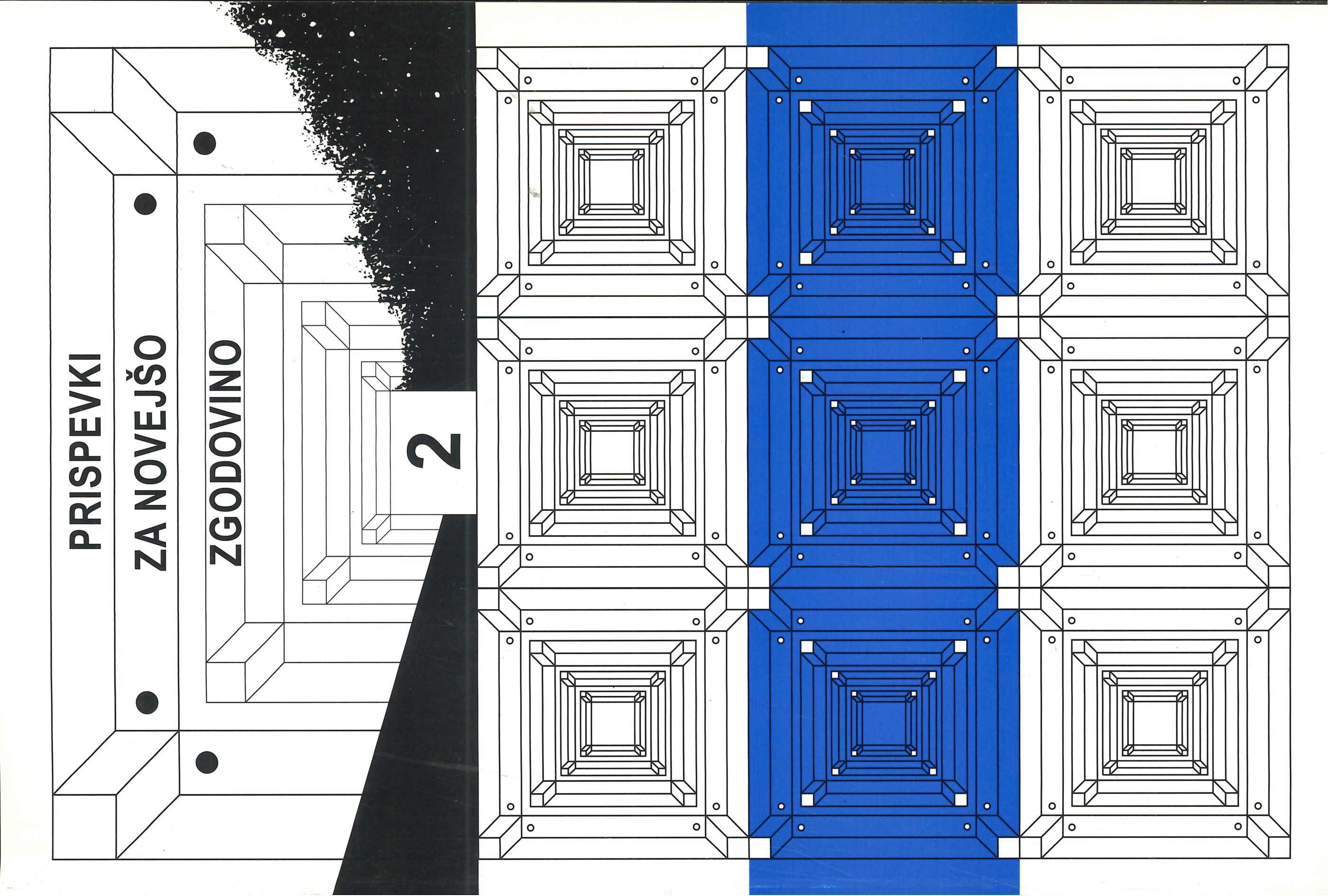Trialist Concepts and Alternatives in the Primorska Region Newspapers
Keywords:
trialism, Yugoslavism, Habsburg Monarchy, Kingdom of Serbia, annexation of Bosnia and Herzegovina, Balkan Wars, Edinost (Unity)Abstract
The following contribution describes the formation of the attitudes towards the idea of establishing a third unit within the Habsburg Monarchy before World War I, as the issue was seen by the Slovenian newspapers. First the author provides an overview of the circumstances leading to the emergence of the trialist concept in the Habsburg political thought, and then he analyses the responses of the political groups in the context of dynamic developments in the Balkans. Finally he underlines the key reasons for the demise of this idea. With an emphasis on the perspective of Trieste Slovenians, the author outlines the key geopolitical dilemmas influencing the changes in the understanding of the trialist concept. As it was, trialism represented, first and foremost, an attempted Austrian manoeuvre with the aim of dealing with the shortcomings of the dualist system and reducing the power of Hungary on account of the South Slavic unit. Thus the idea was initially supported by the majority of Slovenians and Croatians, while Hungarians, Italians and Serbs were not in favour of it. The trialist concept only represented one of many battles in the political struggle of the various concepts of Yugoslavism, where the Catholic (Slovenian and Croatian) and Orthodox (Serbian) vision clashed. Furthermore, the shaping of the geographical form of the third Habsburg unit also caused disagreements at the relations between Slovenians and Croats, liberals and conservatives, as well as Primorska region (Slovenian Littoral) and Carniolan Slovenians. The failure of the trialist idea was also caused by the diminishing power of its initiators and hesitant internal harmonisation. Ultimately its realisation became impossible due to the outcome of World War I.
Downloads
Published
Issue
Section
License
Authors who publish with this journal agree to the following terms:
- Authors retain copyright and grant the journal right of first publication with the work simultaneously licensed under a Creative Commons Attribution License that allows others to share the work with an acknowledgement of the work's authorship and initial publication in this journal.
- Authors are able to enter into separate, additional contractual arrangements for the non-exclusive distribution of the journal's published version of the work (e.g., post it to an institutional repository or publish it in a book), with an acknowledgement of its initial publication in this journal.
- Authors are permitted and encouraged to post their work online (e.g., in institutional repositories or on their website) prior to and during the submission process, as it can lead to productive exchanges, as well as earlier and greater citation of published work (See The Effect of Open Access).


